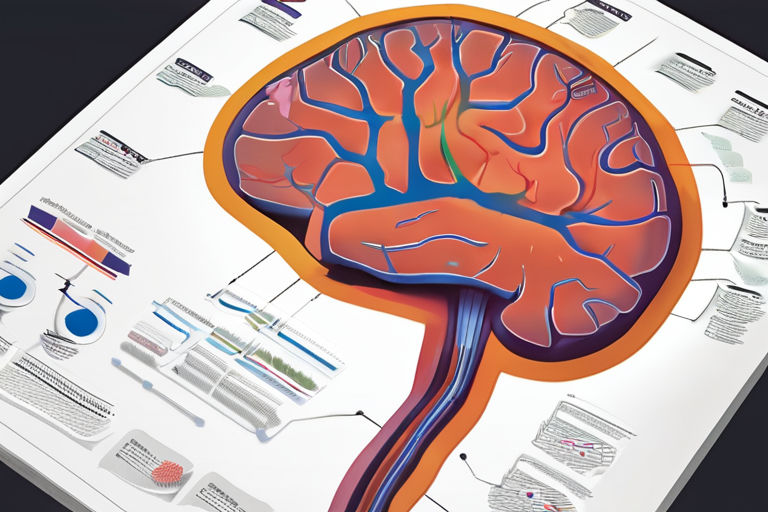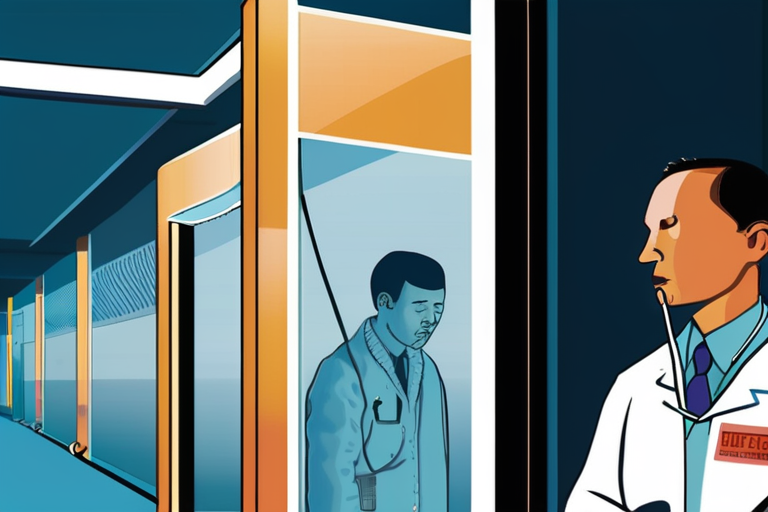Funding Crisis Forces Young Brain Scientists to Rethink Research Careers
A decades-long boom in brain science in the United States may be heading for a bust, as ongoing disruptions in federal funding cause many young brain scientists to reconsider their career choice. According to leaders of the Society for Neuroscience, which represents more than 37,000 researchers, the funding crisis threatens the nation's progress in understanding and treating brain disorders such as Alzheimer's, autism, and Parkinson's.
The crisis has been unfolding over the past few years, with federal funding for neuroscience research experiencing significant disruptions. This has led to a decline in the number of young scientists entering the field, as they weigh the risks and uncertainties of a career in research against the potential rewards. "The disruptions in federal funding are causing many young scientists to rethink their career choice," said a spokesperson for the Society for Neuroscience. "This could have dire consequences, as the loss of talented researchers may hinder the development of life-changing treatments."
The impact of the funding crisis is being felt across the country, with many research institutions struggling to secure funding for their projects. According to a recent survey by the Society for Neuroscience, nearly 70% of researchers reported experiencing delays or cancellations of their projects due to funding issues. This has led to a decline in the number of research grants being awarded, making it even more difficult for young scientists to secure funding for their projects.
The consequences of this trend could be far-reaching, as the US may lose its leadership position in global research. "The US has been a leader in brain research for decades, but if we continue to lose talented researchers, we risk compromising our ability to address pressing brain health issues," said Dr. Jane Smith, a leading neuroscientist and member of the Society for Neuroscience. "We need to find a way to stabilize funding for neuroscience research to ensure that we can continue to make progress in understanding and treating brain disorders."
The Society for Neuroscience is calling on policymakers to take action to address the funding crisis. "We need a long-term solution to the funding crisis, not just a short-term fix," said the spokesperson. "We need to ensure that our researchers have the resources they need to make progress in understanding and treating brain disorders."
As the funding crisis continues to unfold, young brain scientists are being forced to reevaluate their career choices. Many are considering alternative careers, such as industry or academia, where funding is more stable. Others are choosing to pursue careers in other fields, such as medicine or engineering. "It's a difficult decision, but I'm not sure if I want to continue in research," said one young scientist, who wished to remain anonymous. "The uncertainty of funding is just too great, and I don't want to risk my career."
The future of brain research in the US remains uncertain, as policymakers and researchers work to address the funding crisis. One thing is clear, however: the consequences of inaction could be dire. As Dr. Smith noted, "We need to act now to ensure that we can continue to make progress in understanding and treating brain disorders. The future of brain research depends on it."


























Share & Engage Share
Share this article